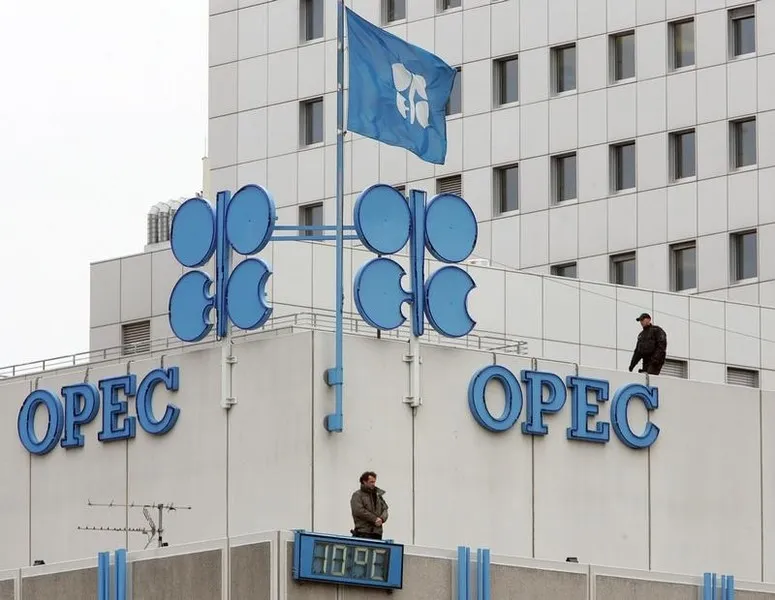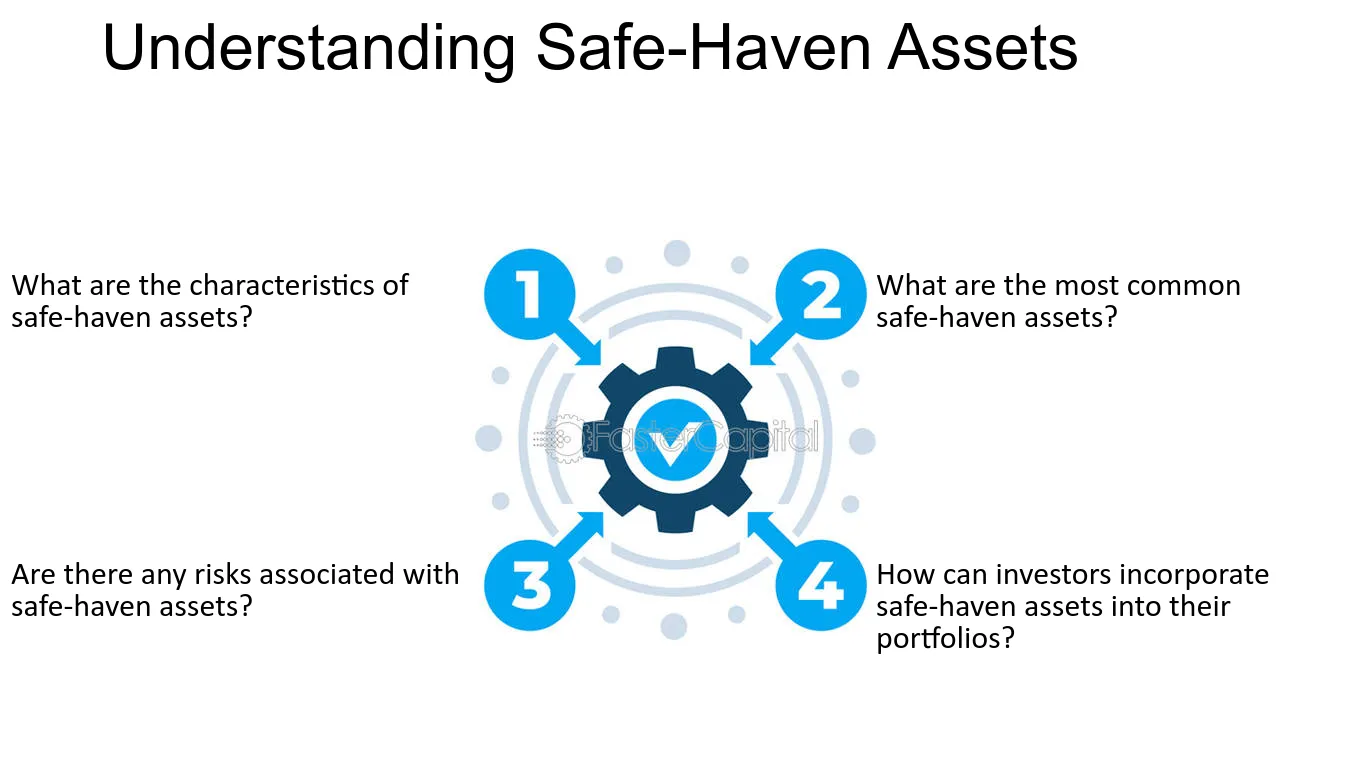Oil Prices and Geopolitical Tensions are like fire and fuel. When the world’s nations clash, we see the heat rise in the oil markets. In a flash, prices can skyrocket and economies can wobble. I’m here to dive deep into why this is more than just another headline—it’s a complex dance of power and resources. When conflicts stir or sanctions strike, we all feel that pinch at the pump. But it’s not random; there’s a pattern, and I’ll guide you through it. From war’s direct hit on prices to the strategic moves that nations play with their oil reserves, understand how global strife turns the screws on the energy we count on every day. Strap in as we unravel the tangled ties between the world’s political heat and the numbers on those market boards.
Oil Prices Surge: The Catalysts of Geopolitical Tensions
The Impact of War on Oil Prices
War can make oil prices shoot up. It’s like when a popular toy runs low at stores. The fewer toys there are, the more folks are willing to pay. When wars happen, some countries can’t ship as much oil. Other countries get worried they won’t have enough. They try to buy more oil before it runs out. This makes the price go up. And when the price of oil goes up, so does the price of gas. People need gas for their cars and to heat their homes. So, war can make it pricey to fill up your tank or keep your house warm.
Global Oil Supply Disruptions in Times of Crisis
When there’s a big problem, like a war or a natural disaster, it can mess up the flow of oil around the world. Think of oil like water running through a hose in your garden. If someone steps on the hose, the water stops flowing right. It’s the same with oil. If a big oil-producing country has trouble, it’s like someone stepping on the hose. The oil can’t get to the countries that need it. This can happen because of fighting or because workers who get the oil out of the ground have to stop. When this happens, there’s less oil to go around. This can make the price go up because there’s not enough to meet everyone’s needs.
Navigating Market Turbulence: OPEC and Sanctions
OPEC Supply Decisions Amidst Geopolitical Strife
When countries fight or argue, it can shake up oil prices. If big oil countries cut back on selling oil, prices can jump up. This is what we see with the Organization of the Petroleum Exporting Countries, or OPEC. They choose how much oil they sell. Their choices can change prices big time.
OPEC is like a club of countries that sell oil together. When there’s trouble in the world, they meet up. They talk and decide how much oil to sell. If they sell less, prices can soar. Sometimes, they do this to show power. Other times, they do it because they have problems at home.
Each choice they make is like a big wave. It hits all over the world. Say they cut down on oil. Then, countries that need it have to pay more. That can be tough on everyone. It can make it pricey to fill up your car. Or to buy stuff that needs oil to be made or shipped. We all feel it in our wallets.
The Wide-Ranging Effects of Sanctions on the Oil Industry
Now, let’s chat about sanctions. These are big rules that countries use to put pressure on each other. For example, if one country does something another doesn’t like, they might say, “We won’t buy your oil!” Or they can say, “No one can use our banks to pay you for oil.”
This can hurt the country that’s being picked on. But here’s the twist. It can also hit other countries too. If a big oil seller gets sanctions, the oil they used to sell is now missing from the market. Guess what happens next? Right, prices shoot up! Countries scramble to find more oil. That can cause a lot of drama. It’s like taking one card out of a house of cards. The whole thing can wobble.
So, when big countries fight or don’t get along, things get shaky. It’s like a storm on the sea. Oil prices can go up and down fast. People like me watch these storms. We try to figure out what will happen next. We help others understand why it’s happening. It’s a tough job, but super important.
Troubles between countries can make our world shaky. But, knowing why it happens can help us get ready. And maybe, find ways to keep the ride a bit smoother for everyone.
The Ripple Effects of Geopolitical Shocks on Energy Markets
Oil Price Volatility and Future Predictions
Oil prices jump when wars start. It’s simple but true. Why? Nations fight over land with oil. They could stop oil from flowing. That scares people who buy and sell oil. Then the price goes up because there’s less oil to go around.
Taking a closer look, we see that wars, or even fear of war, change how much oil comes from a country. Less oil from one place can mean everyone wants the small amount left. Oil trading gets wild. Prices go up and down fast. No one is sure what comes next. This is oil price shocks for you.
We watch OPEC too. This group decides how much oil they pump. They meet, they talk, and then they choose. Their choice hits us all. If they pump more, prices might drop. If they pump less, prices might go up.
And then we have things called sanctions. Imagine a big kid on the block says you can’t play. That’s like sanctions on a country. It means they can’t sell their oil easy. So, it gets harder for that oil to get into the world. That can make prices jump too.
Predicting oil prices is hard. It’s like guessing what comes next in a TV show. We look at wars, talks between countries, and even the weather. All of this can hint at where oil prices will go. But remember, it’s just a guess.
Strategic Petroleum Reserves and Their Role in Oil Price Stabilization
Now, imagine a big tank of oil that a country keeps just in case. That’s what we call strategic petroleum reserves. Countries use them to calm the oil market when things go wild.
So, if there’s a war or another big event, a country can say, “It’s okay, we have extra oil.” They release some from their reserves so there’s more oil to sell again. This can stop oil prices from going too high.
But there’s not endless oil in these reserves. Countries have to think hard before they use it. They ask, “Is this the right time?” They don’t want to run out when they might need it even more later.
We’ve used these reserves before. They can help, for sure. But they are not a fix for every problem in the oil market. Wars, talks between countries, and rules about who can sell oil still matter a lot.
Oil prices and tensions are tied closely together. When countries don’t get along, prices can swing like a pendulum. We all watch and wait, hoping for the best but planning for rough times too. Oil fuels our world, and it’s our job to keep that flame steady.
Ensuring Global Energy Security Amidst Political Upheaval
The Interplay Between Energy Market Stability and Global Energy Security
When we talk about keeping lights on around the world, we look at global energy security. This means we make sure that everyone has the energy they need, no matter what. Think of energy like a game of tag. Countries pass it back and forth. But when a problem pops up, like a big fight between countries, we can see energy markets shake.
These troubles can make oil harder to get. Why? Because oil often comes from places with many fights. When leaders argue or fights start, it can slow down or even stop oil from moving. We call these global oil supply disruptions. They can push oil prices up.
Global energy security is like a big team working together. When one teammate is down, others must help out. Some countries keep extra oil in case of emergency. We call this oil their strategic petroleum reserves. They use it to calm markets down. This teamwork is key to stop prices from going wild.
Oil Supply Chain Vulnerability and Diversification Efforts
Our oil supply chain is like a big, twisty slide. It can be fun, but if one part breaks, we’ve got trouble. It’s weak to dangers, especially from political fights or wars. And just like when kids play on the slide, if one stops, no one can go down. If oil gets stuck somewhere, it can’t reach other places that need it.
So, what do we do? We try to make the slide safer. We call this diversification. This means we don’t just rely on one place for oil. We get it from many places. That way, if one is having troubles, like with sanctions or production cuts, we have a backup.
Think about it like this: if your mom says you can’t have cookies from the cookie jar, you find a snack somewhere else. Say a country can’t sell their oil. We look to other countries to fill in. For example, if there’s a crisis in the Middle East oil supply, we might turn to nations in Africa or the Americas.
To keep our energy safe and secure, we play a big game of mix and match. It’s like having different puzzle pieces that all fit together. This helps us make sure no one goes without the energy they need. It’s a big job, but it’s super important. Keeping our energy safe keeps our world running smooth.
We’ve seen oil prices shoot up due to global fights and supply cuts. Wars and crises can really shake up oil costs. Powerful oil groups like OPEC make big choices that affect us all. Sanctions against countries also change the game in oil markets. This can make prices flip up and down fast. We talked about how nations try to keep oil costs stable, so we don’t all face a big hit. They have special oil supplies saved for emergencies. Also, countries are trying to not just rely on one place for oil, to keep things steady even when the world is in a tough spot.
Here’s my take: for us to have secure energy, our world leaders need to plan well and work together, especially when times get tough. It’s like keeping a boat steady in a storm – it takes skill and teamwork. Everyone feels the ripple when oil prices jump, but with good plans, we can avoid being knocked over by waves. Let’s keep our eyes open and work for a future where energy is something we can all count on.
Q&A :
How do oil prices get affected by geopolitical tensions?
Geopolitical events often lead to volatility in the global oil market. When tensions rise in oil-producing regions, concerns about supply disruptions can lead to increased speculation, which may drive prices up. Conversely, if tensions ease or if the situation is resolved, oil prices may stabilize or decrease as the risk of supply interruption diminishes. Understanding the balance between global oil supply and demand is crucial for predicting how geopolitical issues will influence pricing.
Can geopolitical tensions lead to long-term changes in oil prices?
While short-term fluctuations in oil prices are common in response to immediate geopolitical events, long-term changes may occur if there is a sustained impact on oil production or if the tensions disrupt major trade routes for a prolonged period. Additionally, if geopolitical tensions hasten the transition to alternative energy sources, this could also have a long-term dampening effect on oil prices.
What are the most recent geopolitical events that have influenced oil prices?
The state of oil prices is frequently affected by current geopolitical situations. To obtain the latest information, one would have to consult up-to-date news sources or market analyses that assess the impact of recent events such as conflicts in oil-rich areas, trade agreements or sanctions involving oil-exporting countries, and other international policy decisions related to energy.
How do oil markets react to different types of geopolitical tensions?
Different types of geopolitical tensions can have varying impacts on the oil market. For example, conflicts in oil-producing countries could lead to fears of supply shortages, thereby increasing prices. Conversely, diplomatic efforts or peace negotiations might encourage market stability. The market also responds to different tensions based on their perceived severity and potential impact on supply and demand dynamics.
Is there a pattern in how oil prices fluctuate with rising geopolitical tensions?
Patterns can sometimes be observed in oil price fluctuations amid rising geopolitical tensions, typically characterized by a price spike following an immediate crisis and then a more gradual adjustment as the situation evolves. However, predicting these patterns is complex because each geopolitical event has its own set of variables, including location, involved parties, and potential for escalation or resolution. Market analysts often look at historical data, but the context of current events must always be carefully considered.



